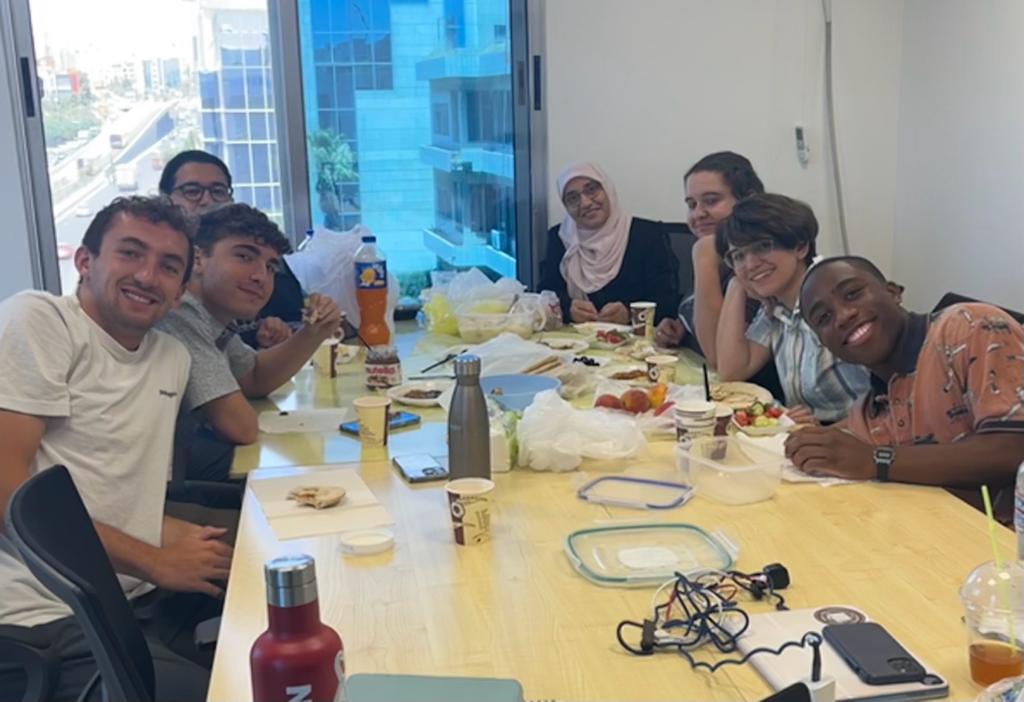
Before going to Siena, my expectations were to come back more confident and open. Although I certainly feel more confident and open in some ways, the most profound change was that I am now more patient with others as well as with myself. I attribute this primarily to the difficulty of learning a new language and the understanding it requires. I’ve found I am also more aware of the romanticization of other cultures. One of my discoveries was that what is exotic is determined by what you have or have not experienced in your life. For me, American culture, having grown up and experienced only this culture, is a known quantity. However, Italian culture, with its delicious food, beautiful language, and ancient architecture, has fascinated me for my whole life, especially the past few years. What I found funny, however, was that when I stayed with the host family in Siena they listened to more American music than I even did at home (and I listened to way more Italian music); the daughter even has a type of obsession with Harry Styles. For her, New York is wonderfully modern and sophisticated while Siena is traditional and perhaps even a bit closed minded. That being said, traveling to Siena made me realize that even the most beautiful places in the world, such as Siena, are filled with normal people with normal lives. I think I had thought that somehow being in Siena would cause all of my problems– albeit temporarily– to dissipate. And, although Siena was beautiful, being there was hard work and life there became a new normal, even for me.
Another aspect I hadn’t fully appreciated was how difficult it is, in our increasingly globalized world, to have a “perfect” immersion experience and also the guilt that comes along with practicing a language. If I didn’t speak Italian with my (American) friends I would feel guilty, but then when I tried to speak English with them it felt contrived or false. Towards the end I started to feel less guilty and just did what was most comfortable in the moment, but that residual feeling was still there. Then, whenever Italians would try to speak English with me, I would experience another group of emotions. On the one hand I would be slightly annoyed that I wasn’t able to take advantage of the opportunity to speak Italian with a native speaker, but then also understood that this person also wanted to work on his English, just like I wanted to work on my Italian. Again, everything on the trip required patience.
One final surprising experience being abroad and speaking a new language was that I felt transformed into a different person. I quickly realized that a language is not simple a perfect understanding of grammar, but so much more; it’s the gestures, the pronunciation, the peculiar expressions that you won’t find in your school textbook. Thus, especially when I was around the Italian family, I found myself taking on their mannerisms and mimicking their expressions, adapting to their normal, effortless nature. This transformation was the most beautiful experience I had in Siena, and it opened me up to the idea that there are other characters I might be able to take on in the future– perhaps I will learn French and “become” a Parisian woman in her 20s? Not only did a feel like a different person due to this change in language and environment, but also this limitation on my speaking abilities transformed my personality in Italy a well. At home I am usually very outgoing and talk frequently, but with this change I was limited and felt a bit more reserved. During awkward silences, where in the U.S. I usually would have filled the void with a new conversation, in Italy this proved far more difficult. I had to learn to embrace the silence and accept this Julia who was perhaps more shy and less grammatically correct.


